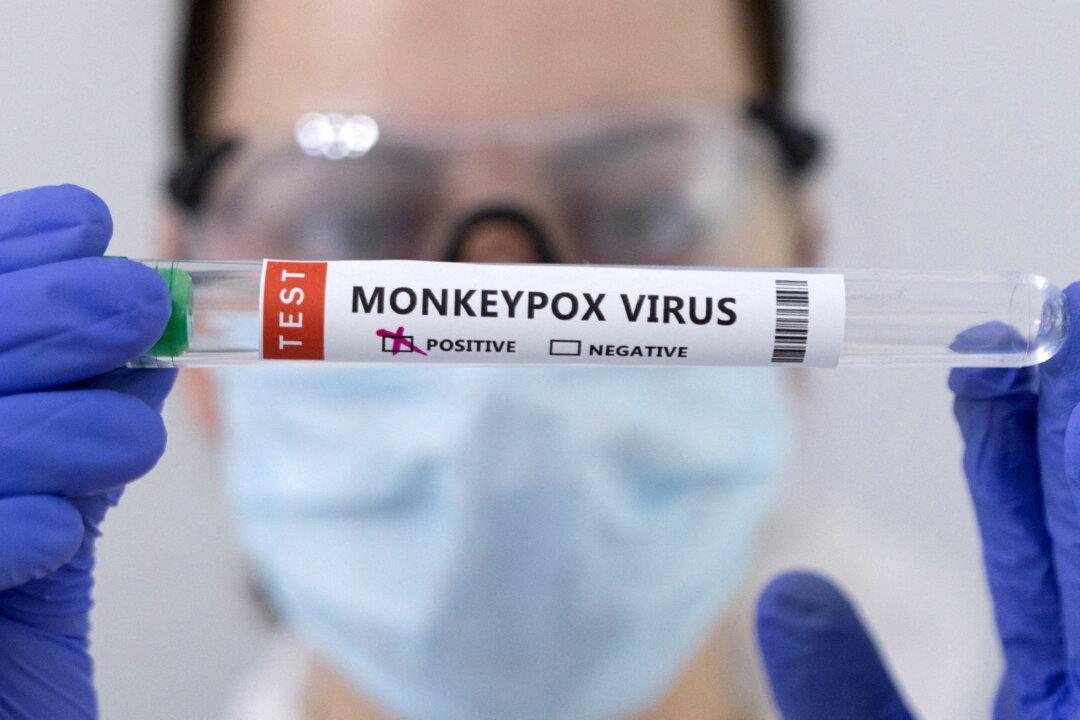The New Zealand government has announced it has secured a supply of tecovirimat, the medicine used to treat monkeypox, but was still working to secure a supply of the monkeypox vaccine, known as Jynneos or Imvanex.
Associate Minister of Health Ayesha Verrall said that 504 courses of tecovirimat are expected to be available in the country from late September.





